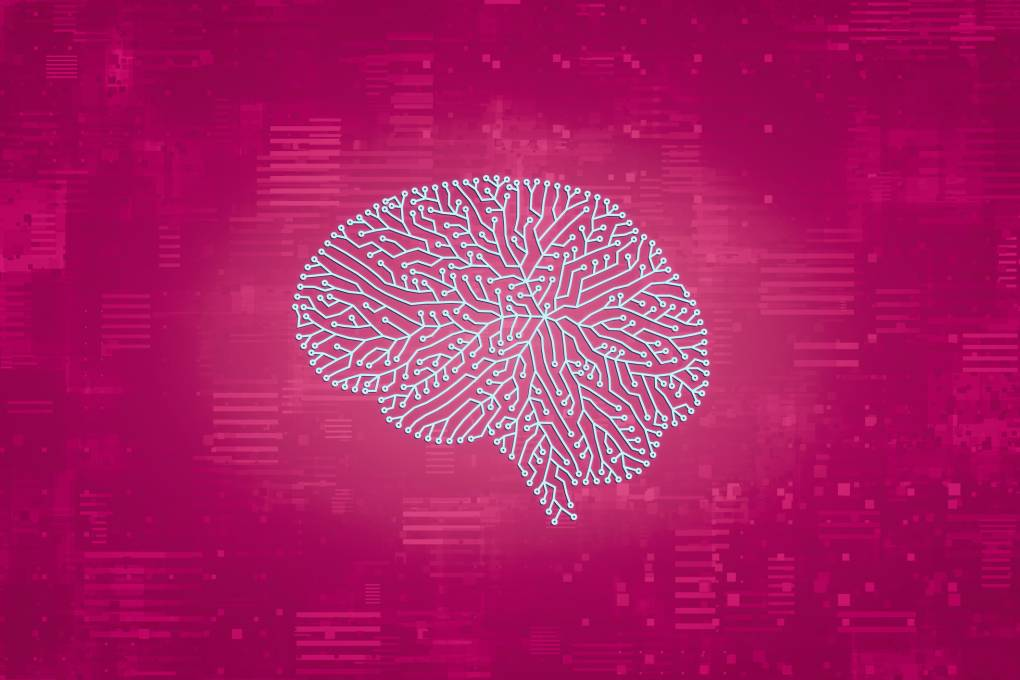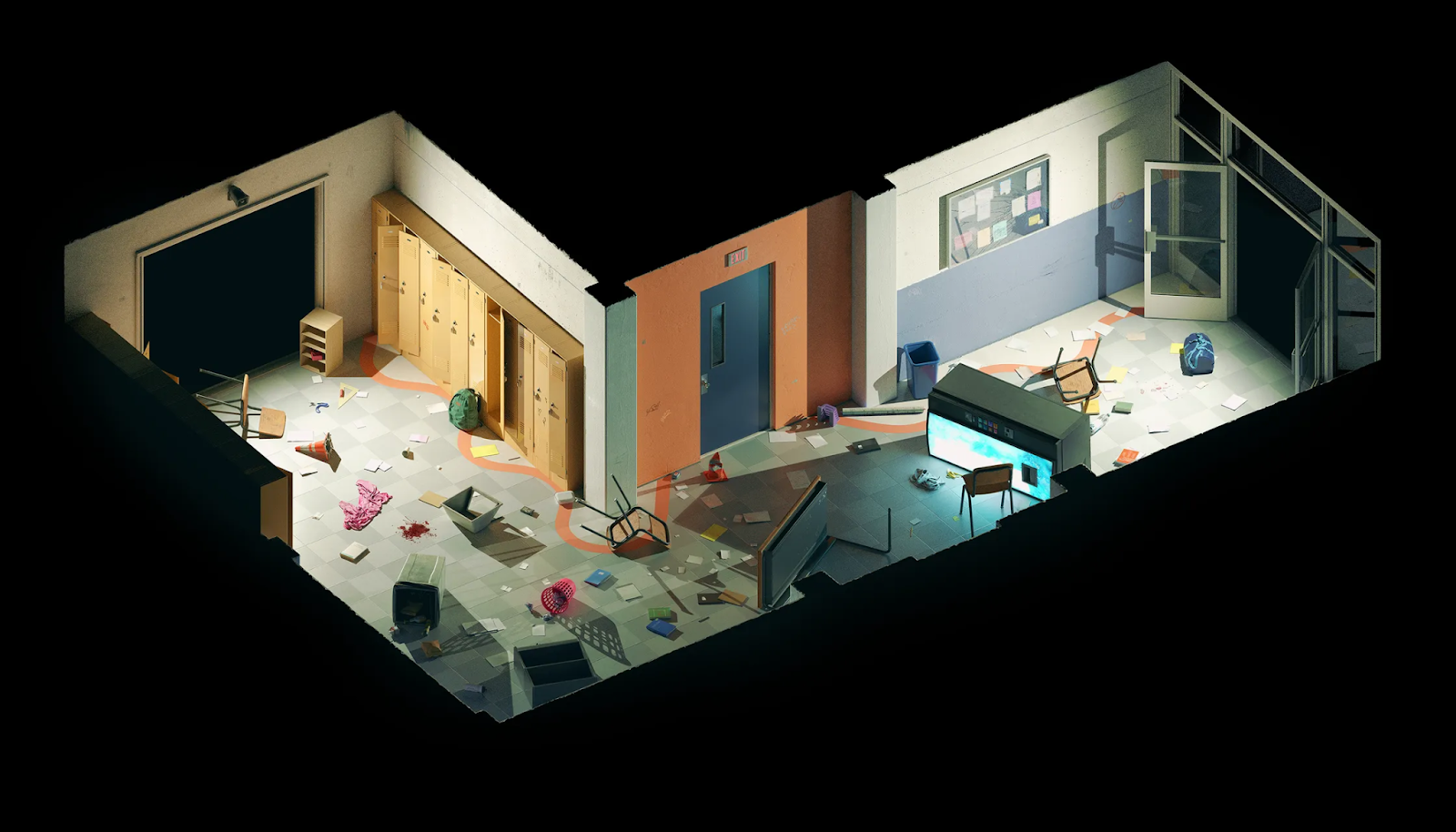Welcome back, game-based learning enthusiasts! As we dive deeper into 2025, the educational gaming landscape continues to evolve in fascinating ways. From groundbreaking innovations in language learning to powerful statements about social issues, this month’s roundup showcases how games are reshaping education across multiple contexts. Let’s explore the latest developments that are making waves in our field!

(KQED.org/Flavio Coelho/iStock)
Recent insights from education experts highlight an important distinction between simple gamification and true game-based learning. While gamified elements like points and badges have their place, researchers at Stanford’s Graduate School of Education emphasize that meaningful learning comes from more immersive, game-based approaches. As Tanner Higgin from WestEd notes, the key is focusing on building skills and conceptual understanding through gameplay mechanics that naturally align with teachers’ goals, rather than relying solely on extrinsic rewards.

In an exciting development for early childhood education, the Indian state of Meghalaya has launched an innovative game-based learning program aimed at developing crucial early childhood skills. The initiative, backed by a Rs 50 lakh government investment, focuses on using play-based activities to enhance perceptual, motor, cognitive, and self-regulation skills in young learners. This program demonstrates how game-based learning can be effectively implemented at a systemic level when supported by thoughtful policy and infrastructure.

(Illustration by Max Guther)
A powerful new entry in serious games, The Final Exam, is challenging perceptions about video games’ role in social issues. Developed in collaboration with parents who lost their son in the Parkland shooting, this brief but impactful game aims to raise awareness about school safety while advocating for change. The project demonstrates how games can tackle serious social issues while respecting their gravity, using interactivity to create meaningful emotional connections with players.
The United Kingdom is emerging as a powerhouse in educational technology, leading European investment with over $547 million in edtech funding last year. A groundbreaking initiative from the UK government introduces an education “content store” – a comprehensive database of lesson plans, curricula, and student work samples structured specifically for AI applications. This £3 million project, managed by Faculty AI, aims to revolutionize how teachers interact with technology in the classroom. Early adoption shows promise, with teacher usage of AI tools increasing from 20% to 31% in just six months. The Aila lesson planning tool, launched by Oak National Academy, has already attracted 20,000 teachers by reducing planning time from fifty minutes to just ten, demonstrating how game-based learning and AI can work together to enhance educational efficiency while keeping teachers firmly in control of the learning process.
—
From innovative language learning to social impact games, these developments showcase the growing sophistication and diversity of game-based learning applications. As we continue through 2025, it’s clear that the field is moving beyond simple gamification toward more meaningful, impactful learning experiences. Want to be part of this evolution? Contact us to discuss how we can help bring your game-based learning vision to life!